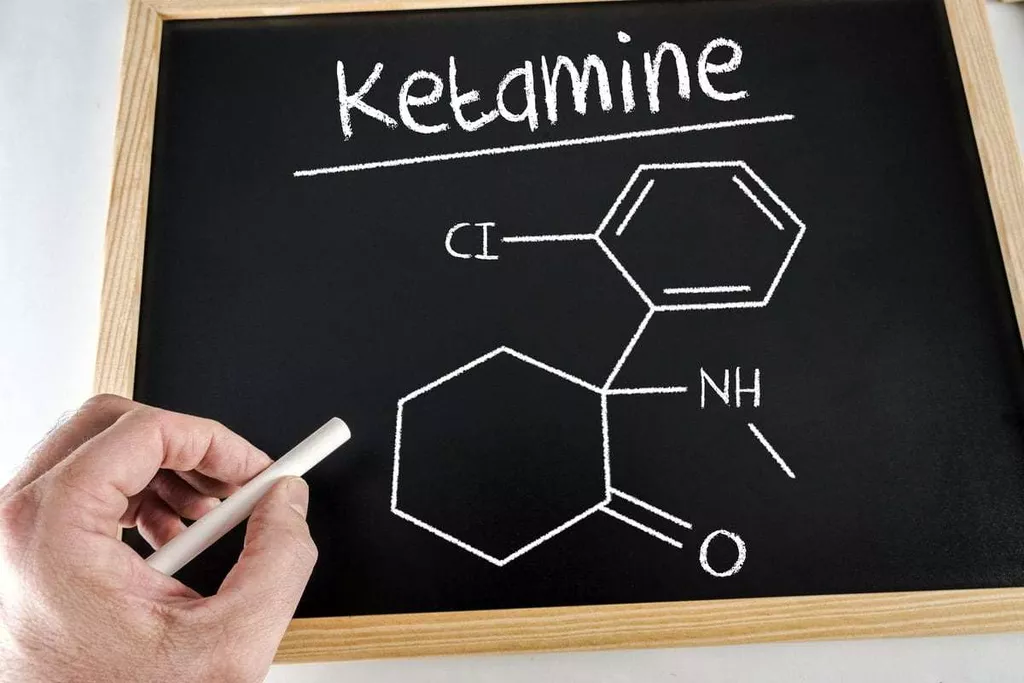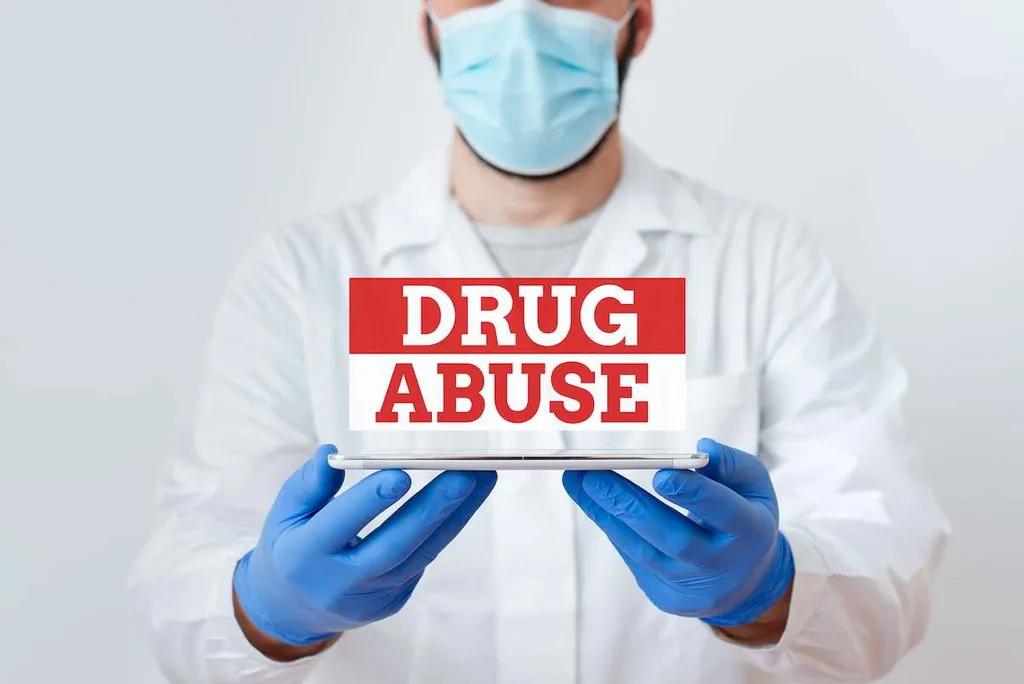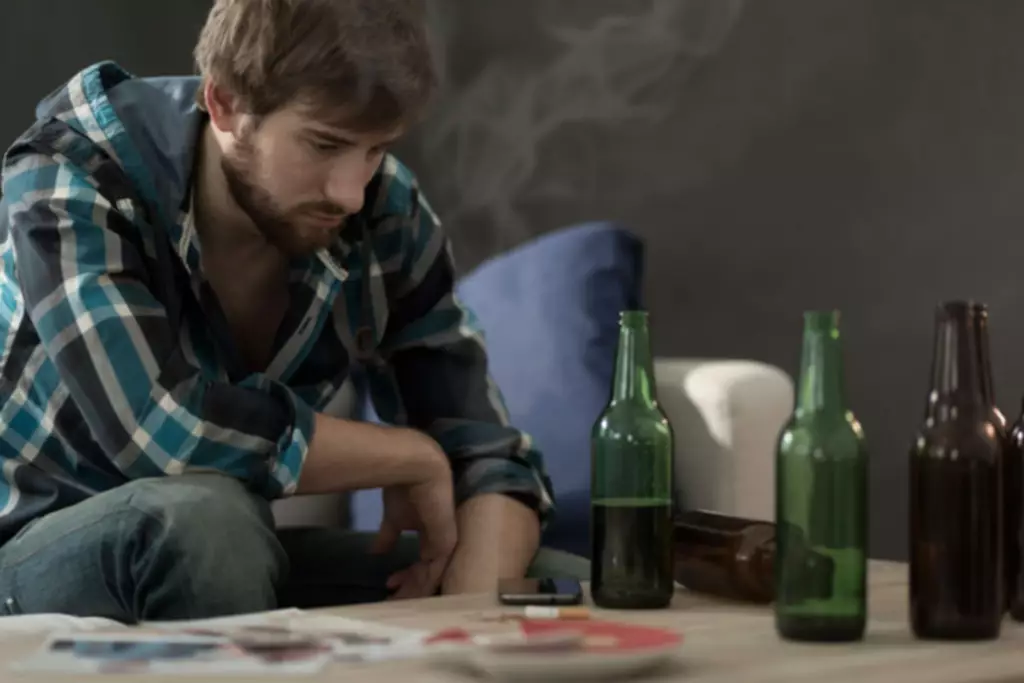
This fury can occasionally be directed towards others, such as family members, coworkers, or life in general. Or, you could be holding onto resentment toward yourself for the things you’ve done in the past. You might want to participate in treatment with your loved one whenever possible, but it’s also wise to talk to a therapist on your own. This is especially the case what are the signs of a dry drunk if specific behaviors or mood symptoms affect your day-to-day life. It’s best to have some kind of extra support during recovery, whether that’s a 12-step program or a regular appointment with a therapist who specializes in addiction counseling. The characteristics of this phenomenon may share similarities with the feelings and behaviors you might experience while still drinking.

We Care About Your Privacy
A PCP can assess the individual’s drinking patterns, overall health, and mental well-being, providing referrals to appropriate treatments. They can also help craft a comprehensive treatment plan tailored to the individual’s needs, ensuring that the approach is holistic and addresses both physical and mental health aspects of recovery. Individuals struggling with co-occurring mental health disorders like depression or anxiety might be more prone to Dry Drunk Syndrome. Addressing these conditions alongside addiction treatment is essential for holistic recovery.

Lack of Healthy Coping Skills
Unfortunately, those of us in recovery find that the only thing we ever got from sitting on the ‘pity pot’ was a ring around our butt. Addiction recovery is a lifelong process, and it is common to experience setbacks and challenges. Yet, long-term recovery and a fulfilling life in sobriety are possible with the right resources and support. However, it’s crucial to understand that it’s a common experience in recovery and not necessarily indicative of failure. Dry drunk drug addiction syndrome affects people recovering from alcohol abuse or alcohol use disorders (AUDs).
Follow us on social media

With grandiosity, you are setting yourself up to be the center of attention; either superior to everyone around you, or by playing the victim. Either way, you’re distancing yourself from the people and world around you. What you’re saying is “I am not like you” with the implication that rules don’t apply in my particular case. The chemical name ethanol sometimes refers to alcohol, a depressant drug active ingredient in drinks such as beer, wine, and distilled spirits (hard liquor). It’s important to note that these are just some of the potential signs of alcoholism.
- A person experiencing symptoms of PAWS should not feel shame or discouragement.
- Since dry drunk syndrome isn’t an officially diagnosable condition, there’s no one answer as to how long it lasts.
- Now that we have discussed how to identify if you have Dry Drunk Syndrome, let’s discuss how to cope with it and manage it, so it has a minimal impact on your life.
- Now is the time to pursue those things you’ve always wanted to learn.

When one understands the nature of alcohol addiction and how it affects the individual’s mind, it is easy to understand why these syndromes develop. If prolonged alcohol abstinence with opiate PAWS are compared, it has to be said that opiates are more unambiguously linked with protracted signs of abstinence (in 90% of all cases). More research is needed to assess PAWS diagnostic criteria, which would then be included in psychiatric diagnostic manuals. Nowadays, there is a concern about using this term because of its negative connotation. Some said that using any kind of stigmatizing words won’t help people in recovery and may turn into negative reactions from their side. The adjustment period varies, but engaging in recovery programs and seeking therapy can help speed up the healing process.
- I still engage in a daily program of recovery myself and also enjoy fitness and health, nature, sports, horror movies, video games, cooking and spending time with family and friends.
- In a way, the symptoms of sober drunk mimic the emotional and mental states of an alcoholic.
- No, but it indicates the need for additional support, counseling, and recovery efforts to address psychological symptoms and behavioral patterns.
- Comprehensive rehab programs include intensive counseling and therapy sessions that help abusers alter attitudes, beliefs, and behavioral responses.
Treatment emphasizes the need for individuals to address underlying issues, develop healthier coping mechanisms, and find purpose in life to move beyond the dry drunk phase. The goal is to help individuals transition from merely being “dry” to achieving genuine sobriety and emotional well-being. While prolonged substance abuse and subsequent post-acute withdrawal may affect significant personality changes and cause a psychiatric disorder, it also goes the other way around. For instance, a substantial proportion of individuals with mental health issues use alcohol self-medication to cope. In this case, the underlying mental health issues would be the cause of PAWS.

Attending alcohol support groups regularly, even after leaving rehab, has been proven to prolong sobriety for years. AA meetings create opportunities for people in recovery to interact with those who have traveled along the same path and learn tips and tricks for staying sober from them. The interactions provide the much-needed emotional support and guidance that go a long way in helping a person identify and alter unhealthy behavioral responses. A person might start to suffer from a low stress tolerance or behave impulsively, repeatedly engaging in unhealthy or dangerous behaviors. One might even start dreaming about alcohol or getting nostalgic about the “good old” drinking days. Such an attitude may become constantly negative, and the person will lose interest in previously cherished activities and become occupied with negative thoughts or self-pity.